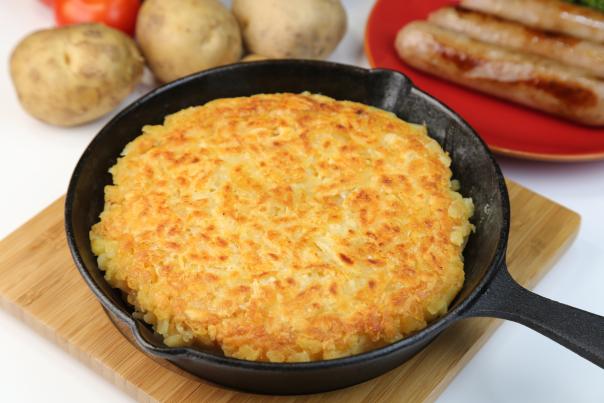
Nutritics used its AI-led Foodprint technology to analyse the national dishes of all 24 countries taking part in this summer’s Euros competition, working out the carbon footprint of each meal.
By simulating the entire tournament Switzerland ended up as the surprise winner beating England in the final. The Swiss Rosti, a potato cake, triumphed over the English classic Fish and Chips. The Scottish national dish Haggis had the least favourable carbon footprint of all the foods analysed by Nutritics’ team of scientists.
In a tournament full of upsets, Nutritics’ simulation also saw a host of big names knocked out in the group stage, including France with Pot-au-Feu (a beef stew), hosts Germany with Bratwurst, Belgium with Moule Frites and Croatia with Cevapi (a grilled mincemeat).
A meal’s carbon footprint takes into account the total greenhouse gas emissions produced to create each dish, including growing, processing, transportation, storage, cooking and disposal.
Claire Chalmers, senior director at Nutritics, said: “Through a combination of our AI tools and scientific data, we were able to accurately and quickly identify the most sustainable national dishes. Football might be coming home this summer, but no matter how the Three Lions do, fans can take comfort knowing that a portion of fish and chips on the way home from the pub is one of the most sustainable food choices they can make.”